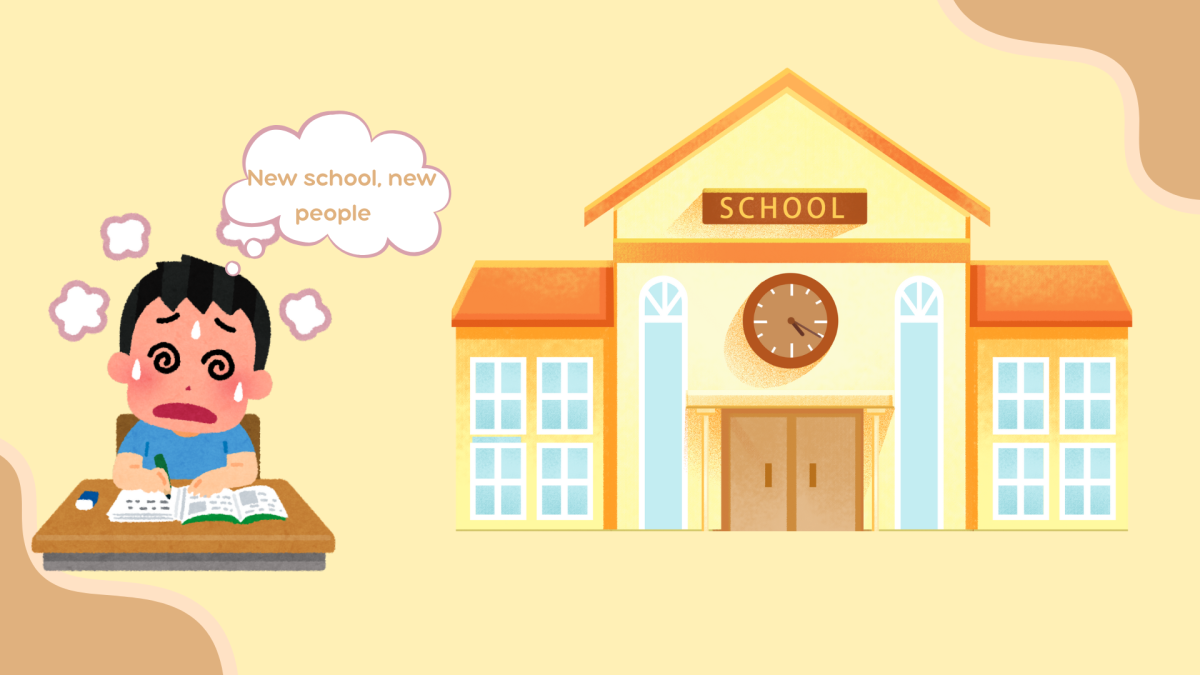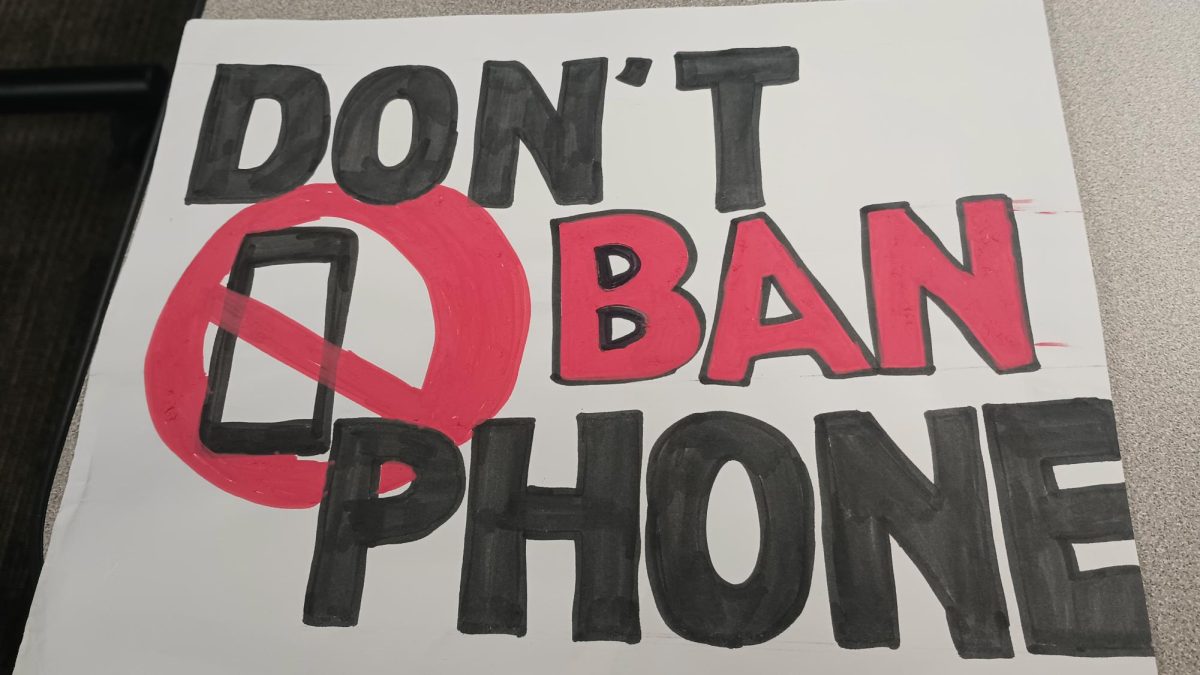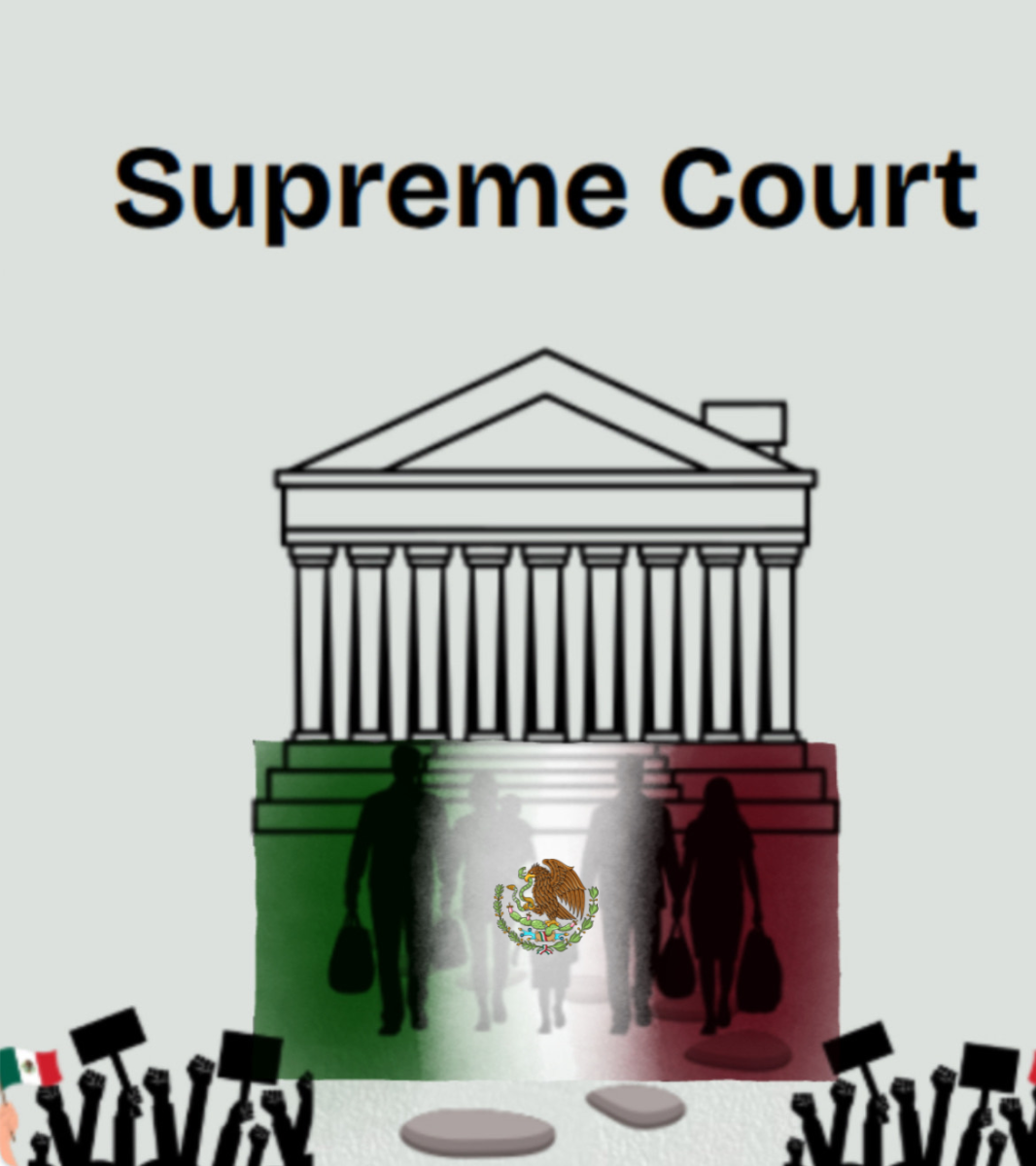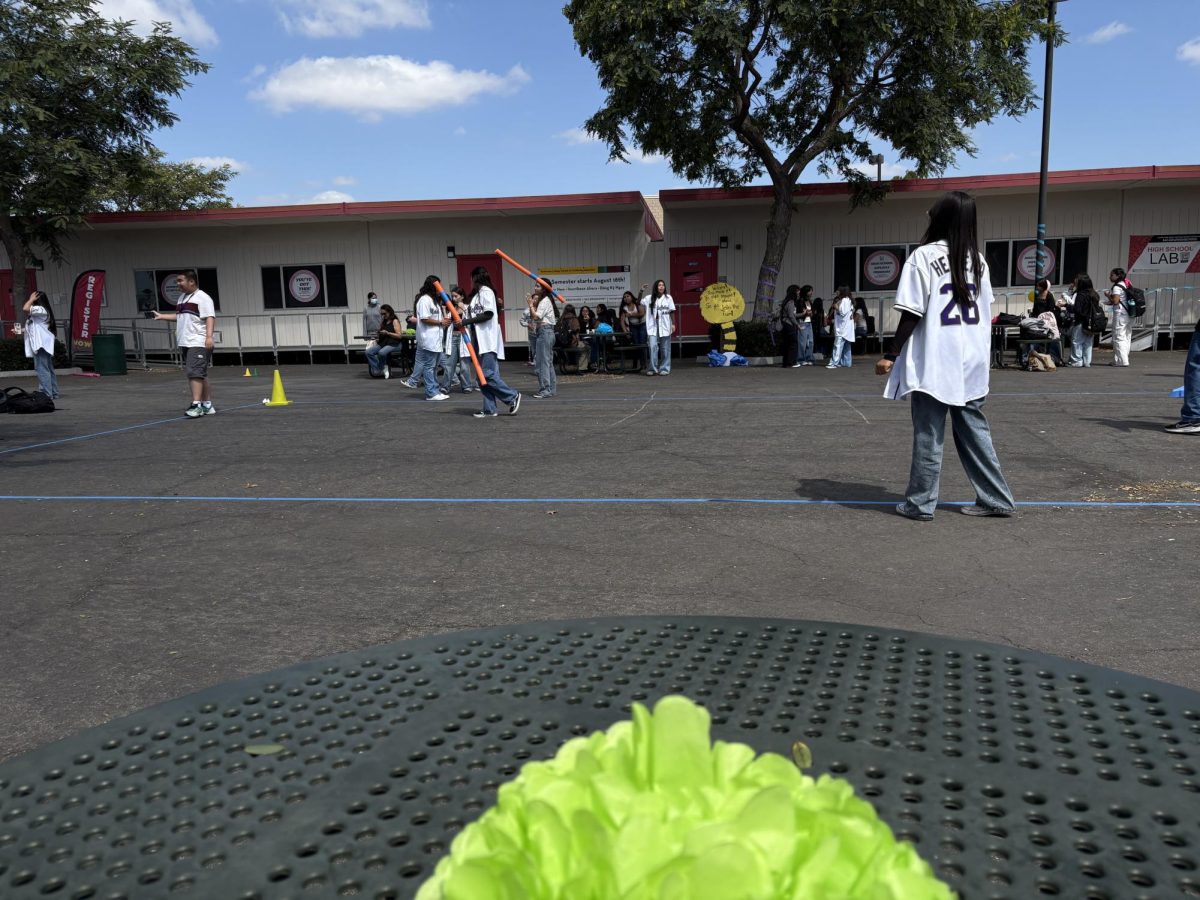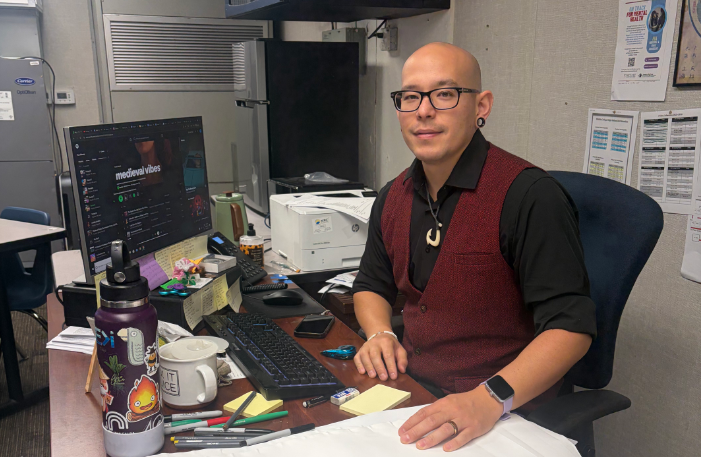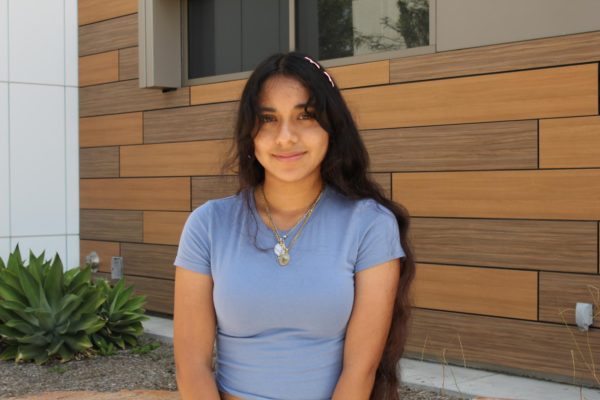From the buzz of incoming notifications to the comfort of instant connection, cell phones are part of everyday student lives. Now, with a possible ban, students are divided between seeing it as a chance to focus more in class and worrying about losing something that helps them stay connected and safe.
The Long Beach Unified School District’s board already announced their cell phone ban, which will be implemented across all schools in the district; some campuses have already started enforcing the rule. The policy requires students in grades K–12 to power off their phones and store them during the school day. As cell phone use in schools continued to rise, California State Superintendent Tony Thurmond announced in August 2024 that districts should limit student phone use. The following month, Gov. Gavin Newsom signed the “Phone-Free School Act” into law.
Students’ reactions to the potential cell phone ban are mixed, showing both concern over distractions and appreciation for staying connected. While some students agree with the cell phone ban because of distractions and social interaction, other students are concerned about contacting their parents if something happens and personal emergencies.
There are students who think banning cell phones at school is a good idea. Valley High School freshman Raymundo Flores finds it beneficial.
“It would allow students to interact with other students,” Flores said.
Flores is not alone in his view, Godinez Fundamental High School freshman Sheyla Roman gives her thoughts on the same topic.
“We won’t get distracted with our phones,” Roman said.
A lot of students think that it’s not a good idea to ban cell phones. Among them, junior Valeria Corpora says she’s not looking forward to the possible changes.
“I think that it will affect my learning skills because I use my phone a lot for school. When I don’t want to type on my computer, I just type it on my phone; I find it easier. And then there’s also a lot of good resources out there on your phone that you could find, like on social media. I know people say that Tiktok is a bad thing and that it should get banned, but honestly Tiktok helps me a lot with school. There’s little short clips that help me learn, like materials better than the actual teacher,” Corpora said.
Corpora is not alone in her view. Junior Alison Vasquez believes that the proposed ban wouldn’t really change how students use their phones in class.
“No. Mostly because most of our teachers already, like, put our phones away in like, a phone pocket, and nobody really goes on their phone like during class or anything like at least, our school doesn’t,” Vasquez said.
Some students are addicted to their phones and don’t want them to be taken away. Senior Fernando Hernandez dreads the idea of not having access to his phone.
“I think I would be anxious if they ban cell phones, and I probably wouldn’t be able to focus because I need my phone. I’m addicted,” Hernandez said.
Central Gwinnett High School junior Anderson Steven Lopez expresses mixed feelings about the proposed cell phone ban.
“It would be somewhat sad because you can’t talk to your friends when you have to talk to them during school and if they ban cell phones I can get work done sometimes and maybe pay attention more and actually learn,” Lopez said.
Looking ahead, schools across California are watching how these new phone policies play out. While some hope it will improve focus and face to face interaction, others worry it could make school life more stressful. No matter which side students are on, one thing is certain, cell phones have become a major part of student life, and any change will have a lasting impact on how students learn and connect in the future.

